Is Online Anonymity Ethical? [Experts' Opinions]
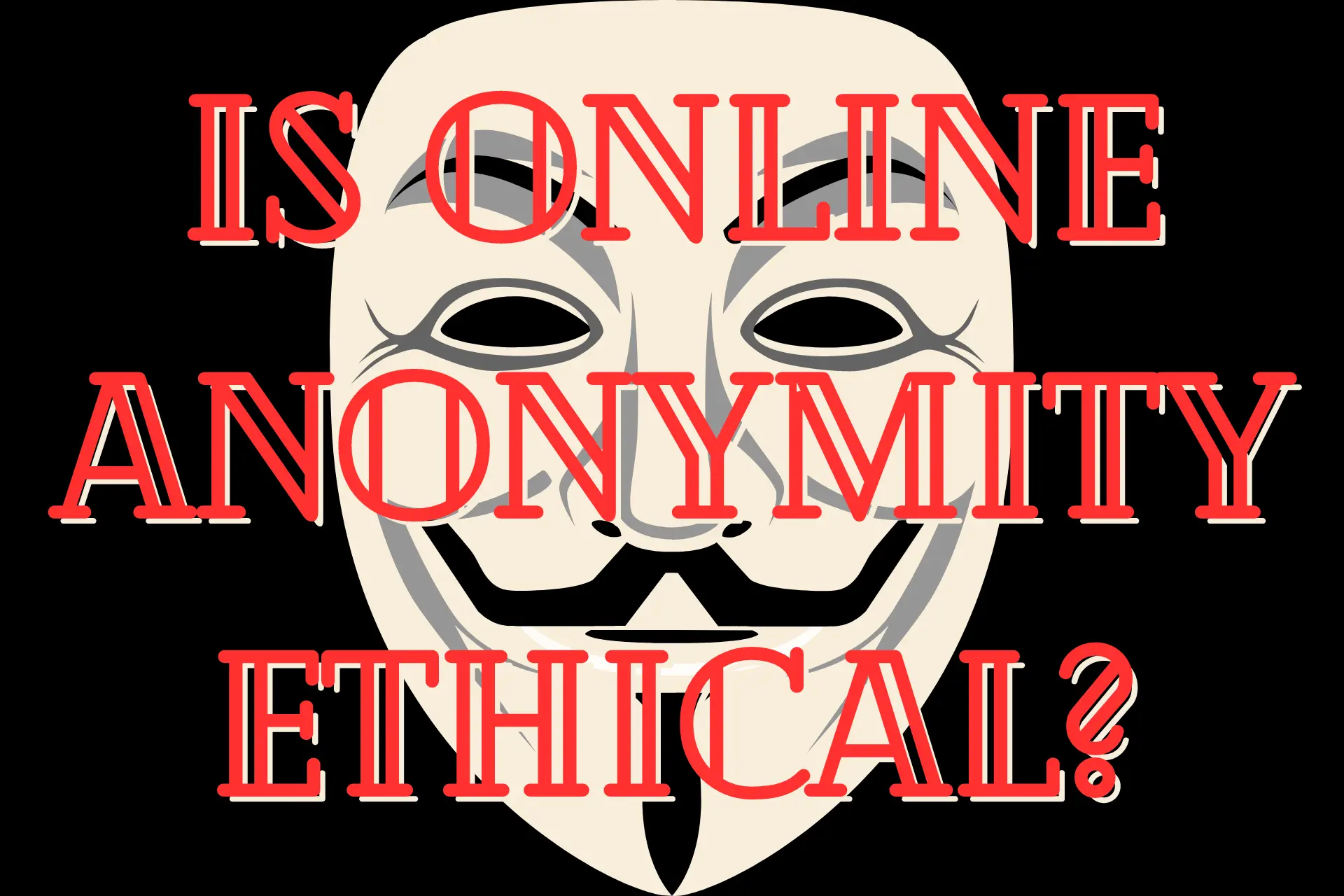
Internet privacy is something most of us don’t think about when going online. It’s all too easy to forget that someone’s watching our every move.
And even when we’re aware of snoopers, we may forgive their nosiness. After all, they help load our web pages faster and show us ads of what we want to buy.
However, our lack of online anonymity can have dire consequences.
At best, it prevents us from truly harnessing the power of the internet. And in a worst-case scenario, broadcasting who we are and what we do online can put our lives and those of our loved ones in danger.
Conversely, absolute online anonymity isn’t without downsides. The threat of being identified can help keep our behaviors in check for the benefit of the whole society.
So, is online anonymity a force for good or just an excuse to use the internet with impunity?
Let’s find out!
What is online anonymity?
Online anonymity is when nobody can associate your activity on the web with your identity.
The idea has been present since the early days of the Internet when users sought to protect their privacy and freedom of expression.
With the rise of social media and the increasing amount of personal data available online, this need has only grown.
To be really incognito online, you need to be able to mask your IP address, encrypt your traffic, and bypass your ISP’s DNS servers.
There are many ways to achieve that to some extent. But unless you use a reputable VPN service, it’s difficult to successfully tick each of these boxes all the time.
Now to the main question:
Is online anonymity ethical?
Online anonymity is ethical. And privacy is one of the fundamental human rights.
Even if your own government doesn’t recognize it or implements policies to suppress it, you shouldn’t feel guilty about making every effort to preserve it.
For as long as your actions don’t hurt anyone, what you do online is nobody’s business.
But don’t just take our word for it. We asked subject matter experts to weigh in, and here’s what they had to say:

Founder, Privacy Lab at Yale ISP
Online anonymity is a vital component of the digital landscape, and mix networks like Tor, Nym, and I2P play a crucial role in enabling it.
It is essential to defend and promote online anonymity as it ensures freedom of expression, protects privacy and security, and empowers individuals to hold those in power accountable.
Mix networks and trustworthy VPNs enhance online anonymity by obfuscating the user’s IP address and encrypting their online communications. This prevents government agencies, corporations, and malicious hackers from tracking their online activities, accessing their personal information, or compromising their security.
As a privacy advocate, I believe that online anonymity is an essential component of protecting individual rights and freedoms online.
Of course, there are certain situations where anonymity can be abused, such as in cases of cyberbullying or harassment. However, these instances should not be used as a justification for eroding the fundamental right to privacy and free expression.
Instead, we should work to address the root causes of harmful behavior online, such as misogyny, racism, and homophobia, while also ensuring that individuals have the tools and resources to protect themselves and their information online.


Digital Privacy and Security Expert
Founder, My Data Removal
Online anonymity is the ability to interact and take actions online that are not tied to your real identity. It is ethical. I would argue the opposite, having everything you do tracked, logged, and analyzed is unethical and immoral.
Privacy is key to human growth and development.
If someone had an incorrect or bigoted view in the past, does that mean they are always a bigot? What if they change their mind?
If every mistake you made were constantly in your face it would be hard to change and improve. Privacy is important to our health and well-being. Privacy and anonymity should certainly be part of the digital landscape.
Great question. While there are certainly benefits to online anonymity, such as protecting privacy and avoiding online harassment, there are also drawbacks.
As for whether online anonymity is ethical or not, it’s a complex issue with no easy answer. Some argue that it’s necessary for protecting free speech and privacy, while others believe that it can lead to harmful behaviors and should be regulated.
Ultimately, it’s up to individuals and society as a whole to decide how much importance to place on online anonymity in the digital landscape.

The general consensus is that online anonymity is both ethical and necessary in this day and age. It’s prone to abuse, but this can’t justify any attempt to curtail the right to privacy.
Benefits of anonymity on the Internet
The benefits of online anonymity are numerous and each plays a key role in both our personal well-being and our interactions with society.
Let’s throw more light on each of them:
Surveillance avoidance
Mass surveillance is both real and unethical.
Any regime that wants to keep its population in line by monitoring its activities can violate its citizens’ right to privacy.
Furthermore, tech companies financially benefit from keeping an eye on your actions. They log your search queries, site visits, and social media habits. Once they understand what makes you tick, they can capitalize on this insight to sell you products and services.
If you can’t live off the grid, your next best defense against mass surveillance is being unidentifiable. You may not be able to completely steer clear from online snoopers, but you can dramatically limit their ability to track you.
Discrimination protection
Online surveillance can lead to discrimination.
It’s not uncommon for sites and services to treat you differently just because you’re in a certain location. Streaming platforms like Netflix impose geo-restrictions to keep their copyright holders happy at the expense of their paying subscribers.
Regional discounts are left and right too. The citizens of particular nations get to enjoy more shopping savings while others get overcharged.
The root of these injustices is conspicuousness. So, it only makes sense to embrace obscurity to combat online discrimination.
Censorship circumvention
Losing your privacy makes you a sitting duck for censorship. The powers that be can only control what you can consume and what you can express when they can identify you.
If you want the internet to be free and borderless, you’ll have to fly under the radar.
Genuine free speech
Free speech is only genuine when you can speak out without fear of persecution from the authorities.
Your opinions may stir disagreement and controversy, but being disagreeable and controversial is important in the marketplace of ideas.
Personal growth
Privacy matters in self-reflection. Beliefs evolve, enabling society to move forward as people’s sensibilities change.
Being punished for principles you lived by in the past is illogical. And adopting new values while ditching old ones is part of maturity.
If you can’t hone your belief system without being publicly crucified, you may not allow yourself to be honest with your feelings, make mistakes, and develop into a better person.
Fearless vulnerability
Anonymity can embolden you to seek mental health support.
Airing your dirty laundry in public isn’t the best way to meaningfully solve your problems. Oversharing on social media may draw the unwanted attention of those who don’t care about you and, even worse, those who want to hurt you.
However, being anonymous, you may feel more comfortable opening up to strangers than to your family and friends. That’s probably because you can share your deepest thoughts without affecting your personal relationships.
Downsides and dangers of online anonymity
The downsides and dangers of online anonymity are criminality, harassment, hate speech, and disinformation.
Here’s why:
Criminality
Inconspicuousness lends cybercriminals an aura of invincibility.
The harder nefarious characters are to track down, the more difficult it is to catch them. When there’s less threat of arrest and incarceration, there’s more incentive for lawbreakers to do evil.
Harassment
Faceless and nameless cyberbullies can cause more harm to their targets than identifiable ones. The more they feel they can get away with it, the more they can harass others.
Hate speech
Anonymity can encourage people to practice free speech irresponsibly and spread hatred toward others more boldly. When left unchecked, it can promote racism, sexism, and other forms of discrimination.
Disinformation
Certain groups weaponize troll farms to disseminate false information in order to influence public opinion.
How does online anonymity affect behavior?
Online anonymity can affect behavior both positively and negatively.
It can encourage people who are normally reserved to be more honest and helpful. At the same time, it can make it easy to antagonize others, act unprofessionally, and behave unethically.
In other words, online anonymity can bring out the best and worst in us. Privacy enables us to do things on the internet that we may not do in the real world.
Should anonymity exist in the online world?
Yes, anonymity should exist in the online world.
Admittedly, it has unintended effects such as criminality, harassment, hate speech, and disinformation. But the benefits of internet privacy far outnumber and outweigh them.
So, is online anonymity ethical? For as long as you exercise this right responsibly, it’s morally good to have it and protect it at all costs.
Read our disclosure page to find out how can you help VPNCentral sustain the editorial team Read more


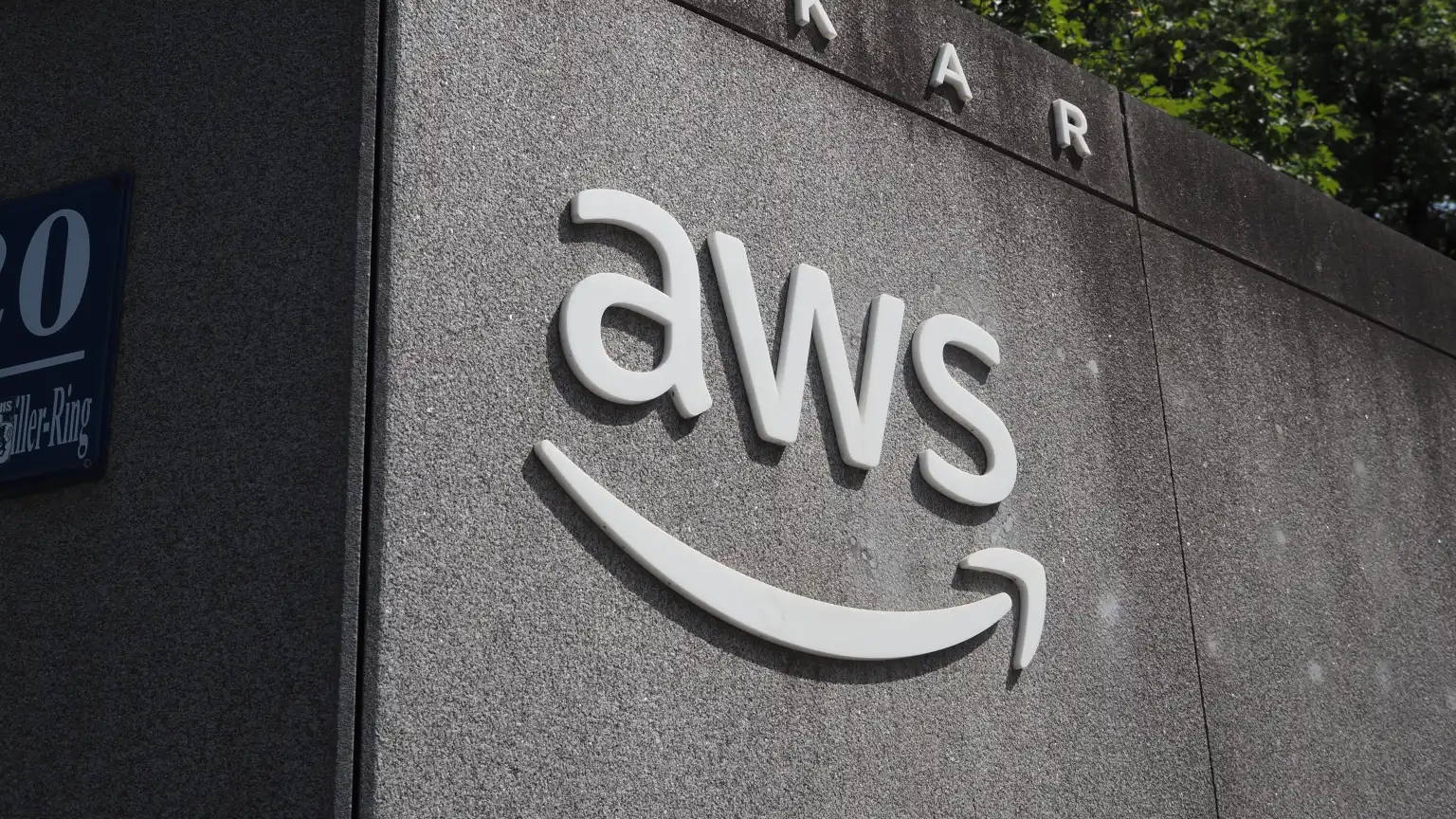
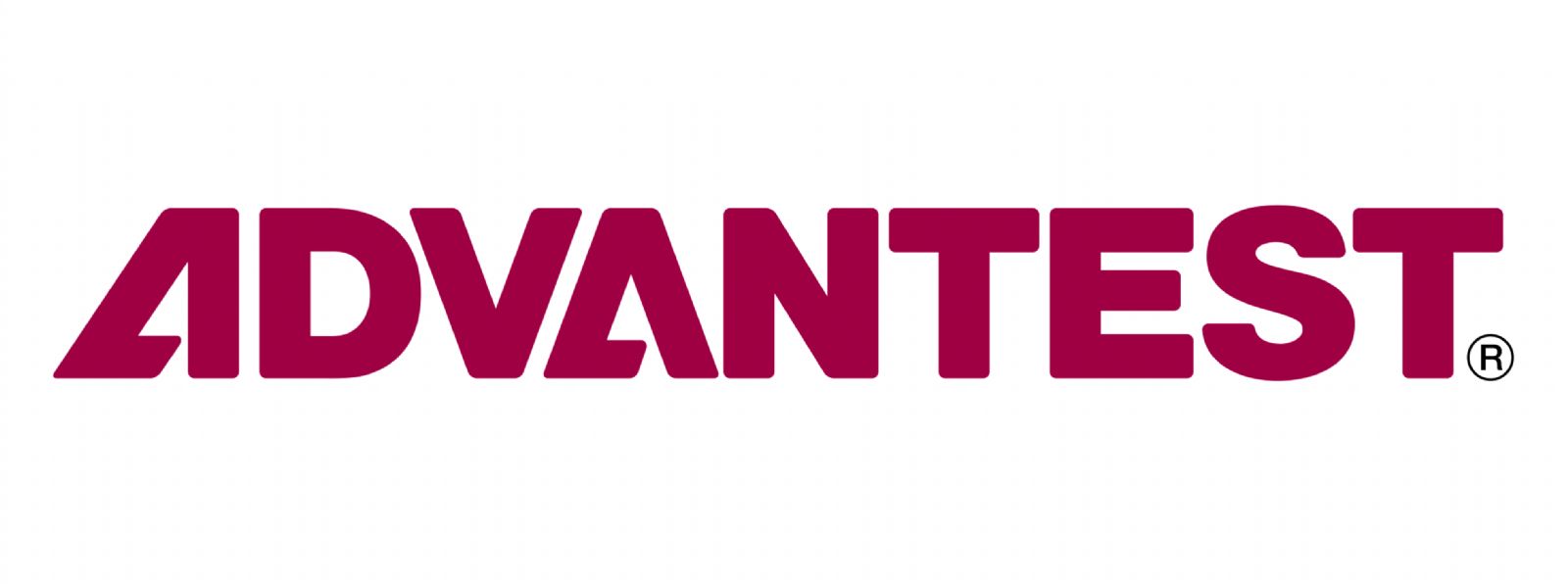
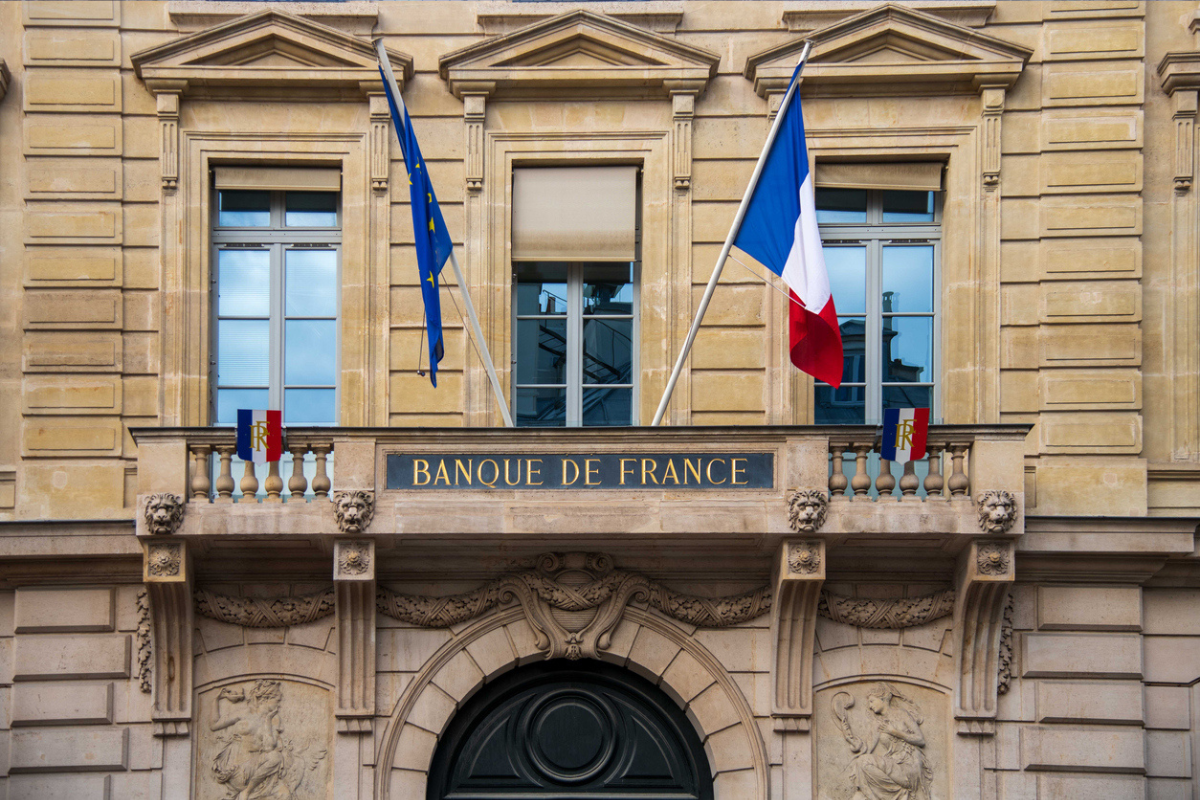
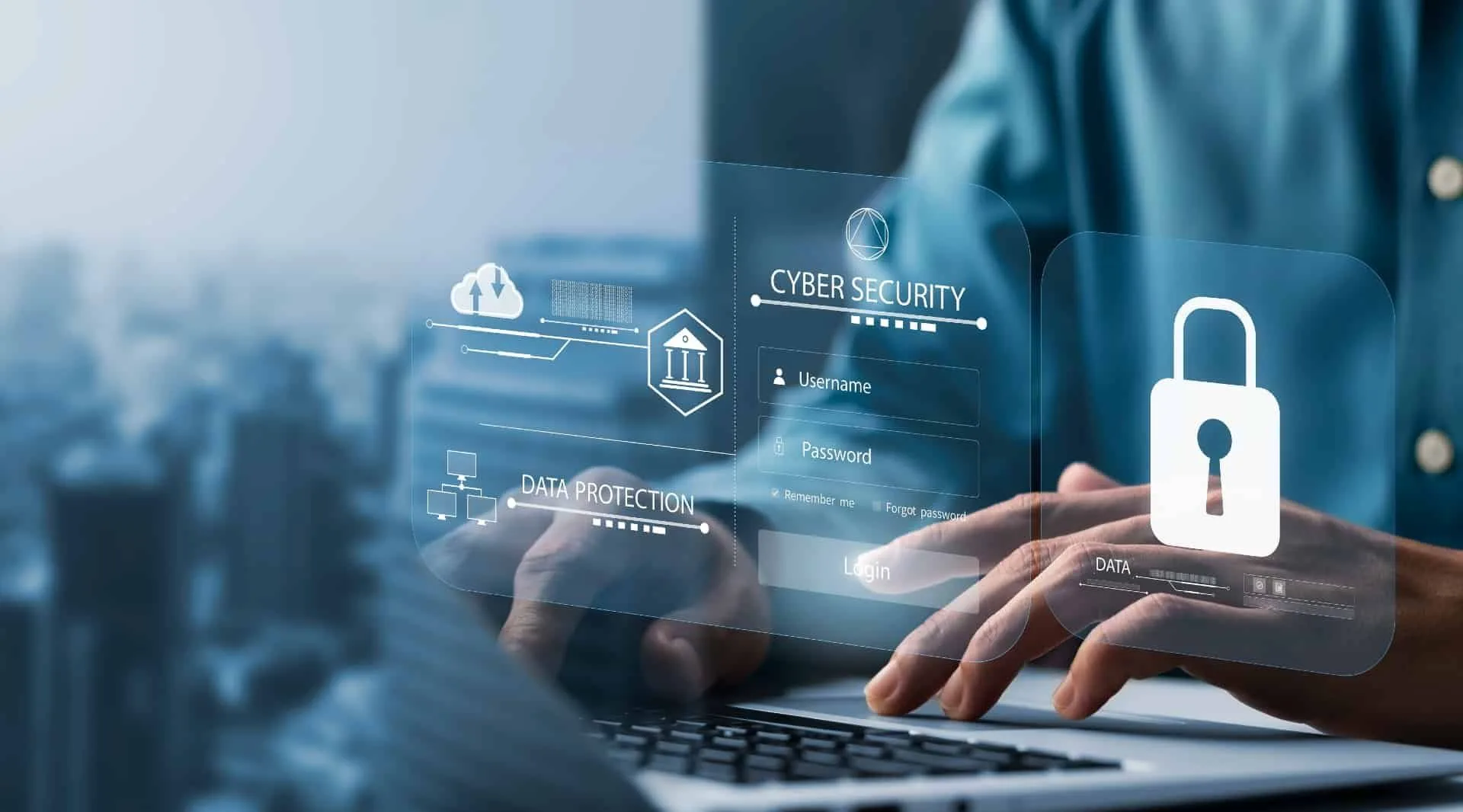
User forum
0 messages